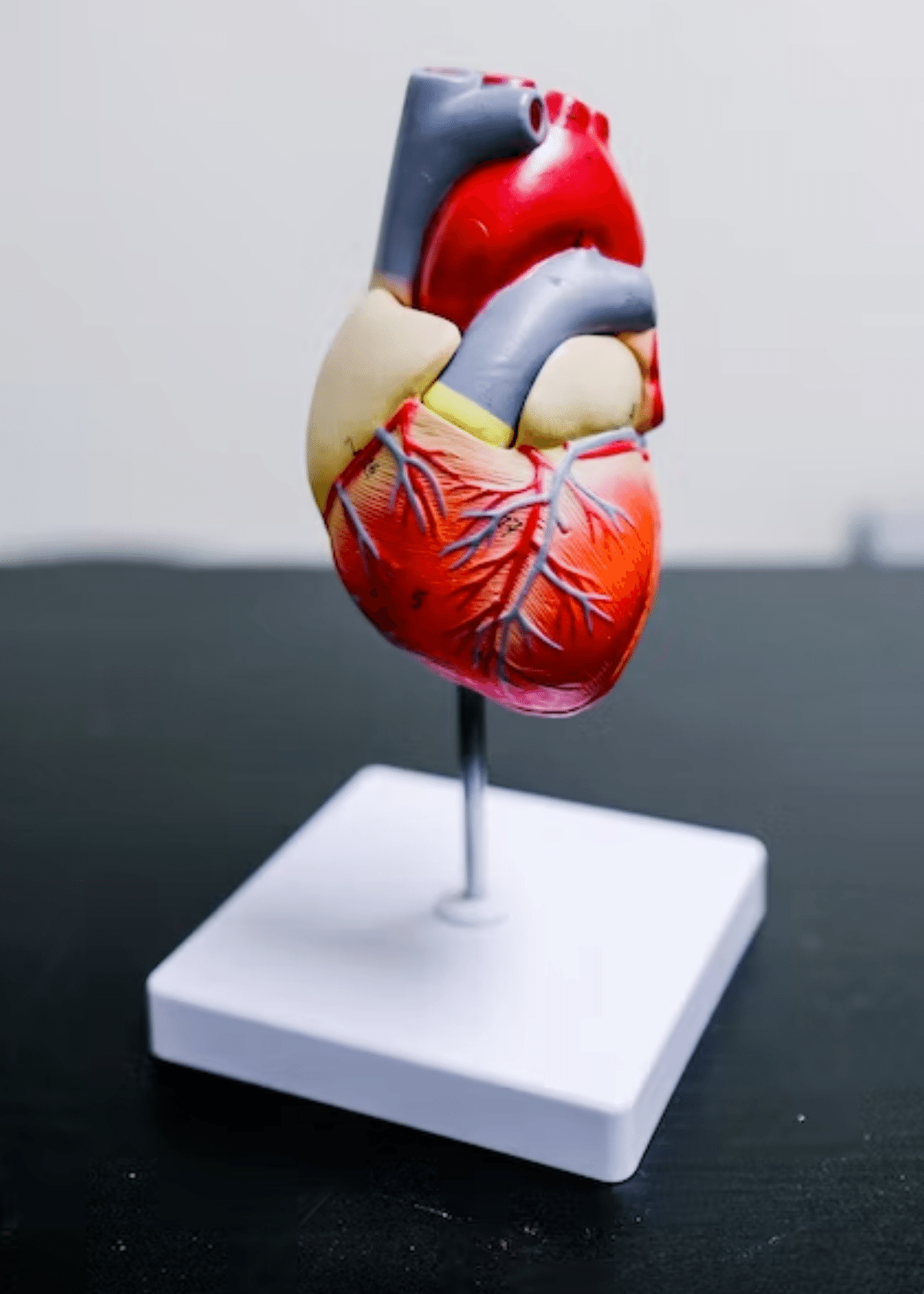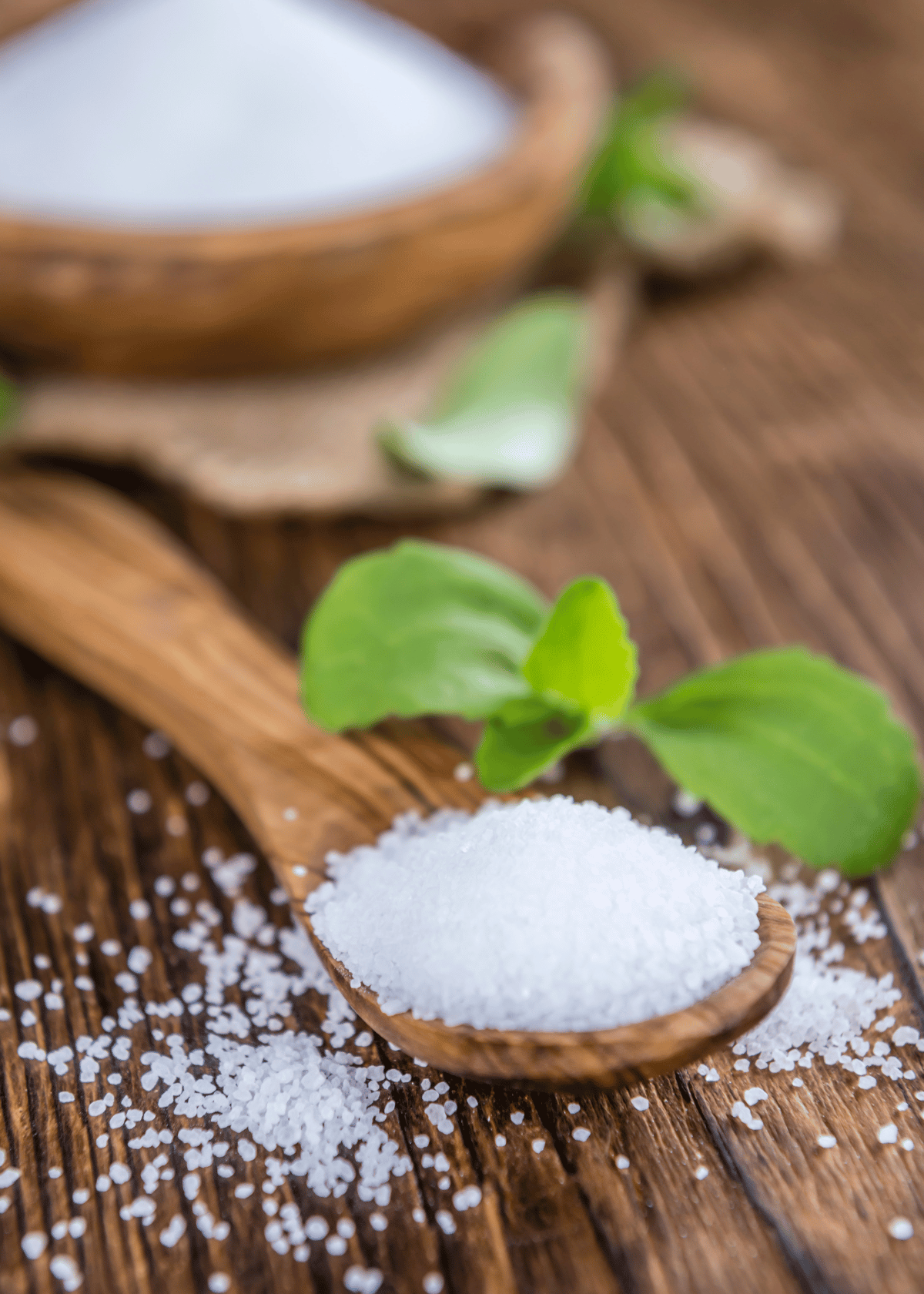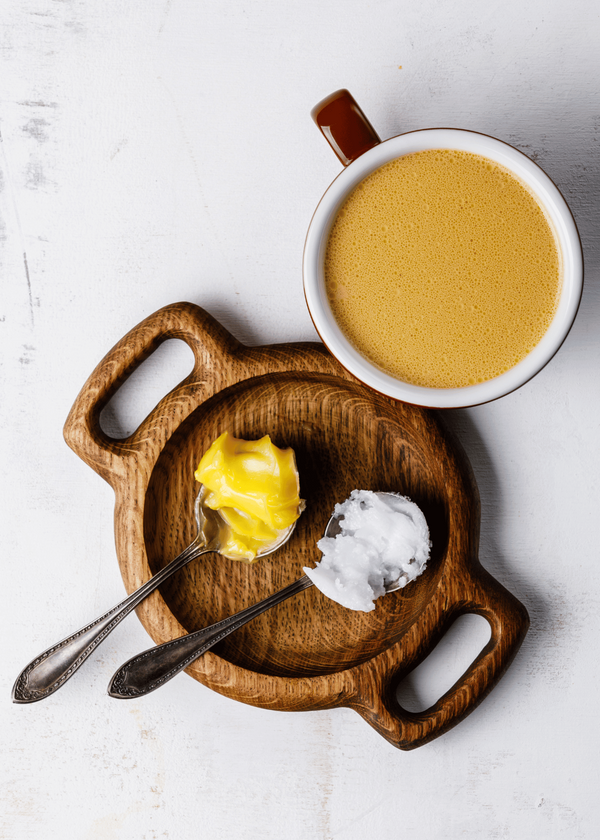Most people are aware that eating too much salt is bad for their health. What many people don't realize, however, is just how bad it can be. consumed in excess, sodium can lead to a number of health problems, including high blood pressure, heart disease, and stroke. In light of these dangers, it's important to be mindful of the amount of sodium you're consuming on a daily basis.
How Much Sodium Should You Be Consuming?
The American Heart Association (AHA) recommends that adults consume no more than 2,300 milligrams (mg) of sodium per day. For people with high blood pressure, however, the AHA recommends limiting sodium intake to 1,500 mg per day. It's important to note that most Americans consume far more sodium than is recommended by the AHA. In fact, the average American consumes nearly 3,400 mg of sodium per day!
Where Is All This Sodium Coming From?
If you're like most Americans, a large portion of the sodium in your diet comes from processed and restaurant foods. When you eat out at a restaurant, it's often difficult to know how much sodium is in your food. And even if you're cooking at home with fresh ingredients, it's easy to add too much salt during the cooking process. That's why it's important to be aware of common high-sodium foods and strive to limit your consumption of them.
Some common high-sodium foods include:
- canned soup
- canned vegetables
- frozen pizza
- deli meat
- ramen noodles
- chips
- prepackaged snacks
- fast food
- salted nuts
Reducing your intake of these high sodium foods can help you stay within the recommended guidelines for sodium consumption and improve your overall health. Remember, even if you're cooking at home with fresh ingredients, it's important to go easy on the salt!
Want to know what is the best salt substitute? Check out our guide here!







